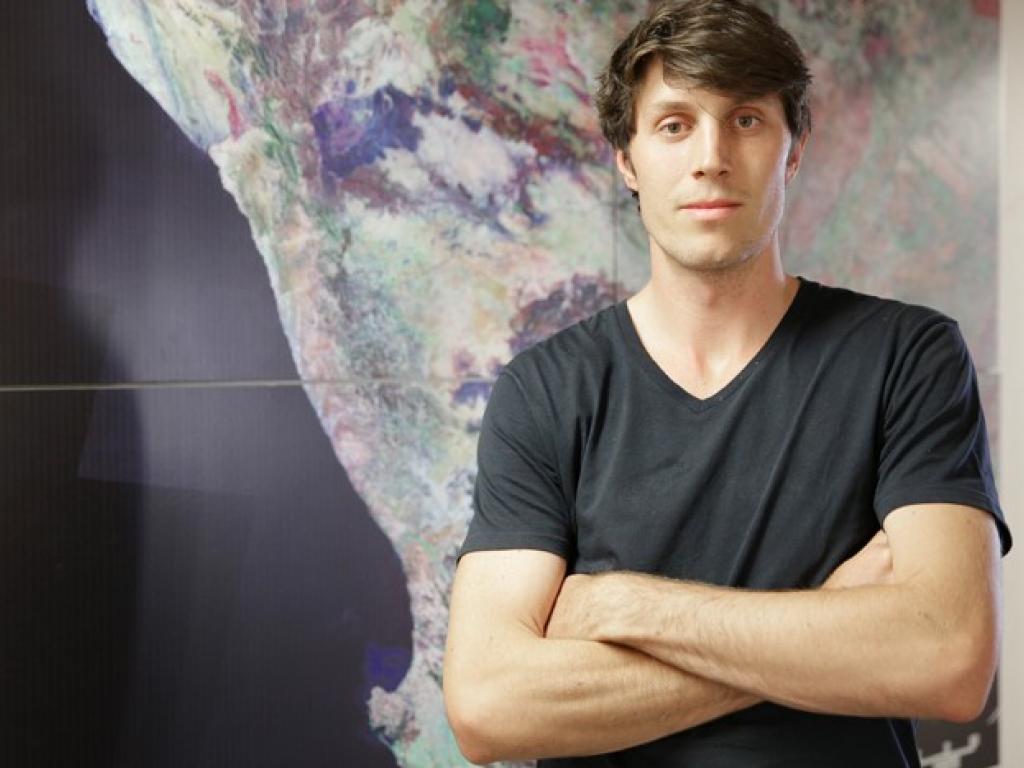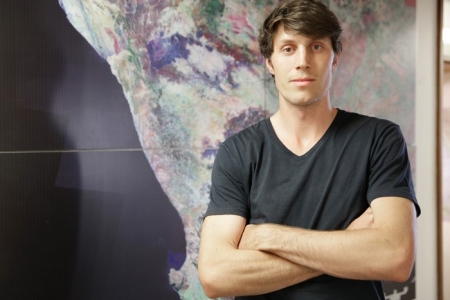Watch our footprint from space


Zander Venter, an agroecology doctoral student at UCT.
The first runner-up in the video category of the 2016/2017 NRF Young Science Communicator competition was conceived during a UCT doctoral student’s twiddling time.
Zander Venter’s Our footprint from space was stitched together with free online software “and quite a few hours of cutting and pasting video segments to create a smooth finished product”, according to the biological sciences doctoral candidate.
Venter’s PhD in agroecology is focused on livestock grazing management. He measures grass and soil in the field and uses satellite imagery to detect the path of cattle on vegetation.
“During my procrastination time I would create time-lapse videos of different parts of South Africa just for fun,” Venter says. “Here, I discovered some amazing changes in the landscape and compiled the video that I finally entered for the NRF competition.”
He has no background in film editing, apart from a short stint on the SABC show 50/50, where he worked as a researcher and scriptwriter.
What’s the video about?
Neil Armstrong put it aptly, says Venter, when the astronaut looked back at our planet from space and said: “It suddenly struck me that that tiny pea, pretty and blue, was the Earth. I put up my thumb and shut one eye, and my thumb blotted out the planet Earth.”
Venter weighs in: “Written facts and figures often fail to convey the fragility of our planet and the enormity of human impact on the environment. The science of remote sensing with satellite-based cameras affords us the opportunity to visualise our human footprint from space.
“This video illuminates our footprint as South African citizens on the beautiful country we call our home. I would like this video to invoke a sense of awe in people for the beauty of our planet, yet also a deep reflection on the ways in which we might compromise its future.”
Unfortunately, a lot of scientific information gets lost in expensive scientific journals, and complex jargon makes it less accessible to the public, he says. Scientists have traditionally left the translation, or mistranslation, of this information to journalists, policy makers, media and so on, he adds. It’s important for scientists to learn how to do this themselves, he argues.
Fitting then, are, Venter’s post-PhD plans.
“My plans are to keep exploring the natural world, finding patterns and communicating these to people who need to know,” he says. “Whether that is through a postdoc, at a conservation NGO or even as a farmer remains to be seen.”
